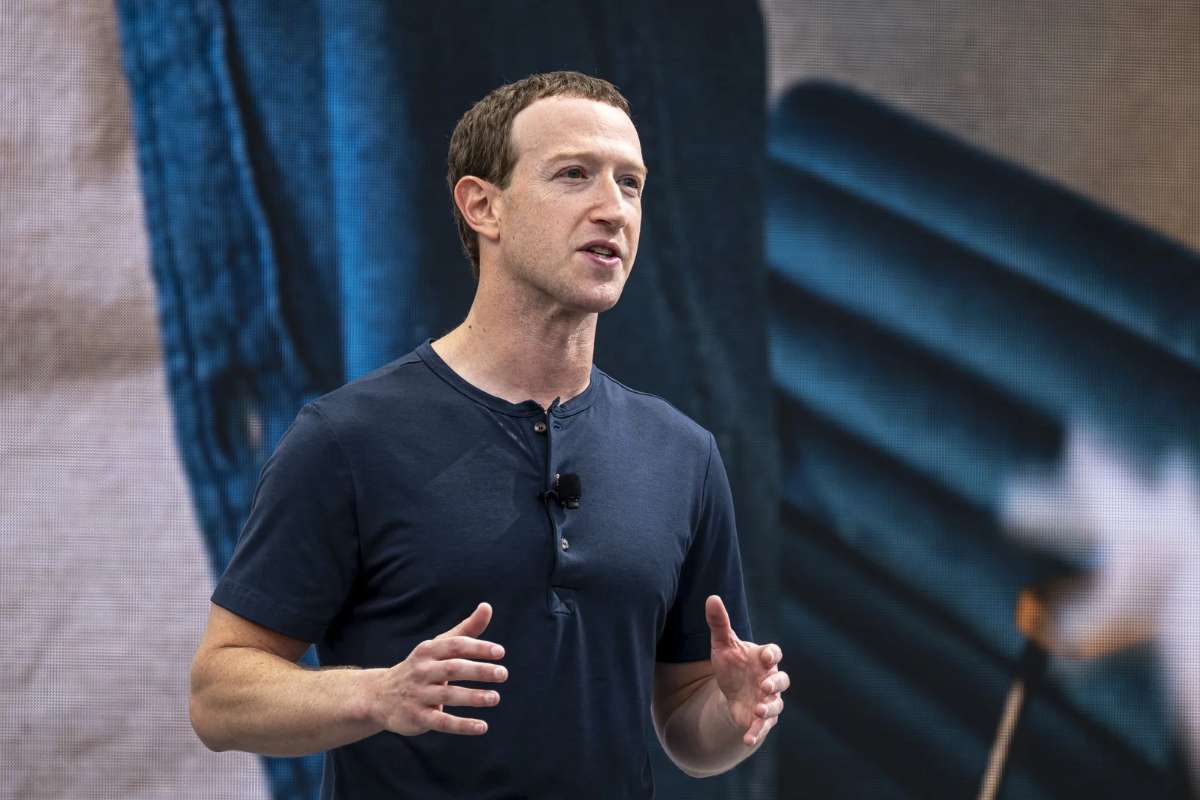Key Points:
- Meta’s big bets strain investors.
- Zuckerberg pushes patience; trust erodes.
- Vision vs. financial results at stake.
Meta Platforms CEO Mark Zuckerberg is once again urging investors to remain patient as the company doubles down on its long-term vision, expanding its artificial intelligence (AI) capabilities and building the metaverse. However, after years of similar appeals, investor tolerance appears to be wearing thin.
The company’s renewed focus on AI innovation and next-generation digital infrastructure comes with steep costs. Meta recently warned of higher spending and softer near-term profits, reigniting concerns over whether Zuckerberg’s ambitious strategy can yield timely financial returns. Analysts observe that this tension between Meta’s futuristic investments and the market’s short-term expectations has become increasingly evident in the company’s quarterly outlooks.
Mark Zuckerberg has faced similar backlash before. In late 2022, when Meta shares dropped sharply following its plea for investor patience, many questioned whether the company’s vast spending on the metaverse was sustainable. This time, the focus has shifted to AI, but the underlying story remains the same: a visionary CEO asking the market to believe in the long game, even as immediate results lag.
Balancing Vision With Market Reality
Meta’s ongoing transformation reflects both ambition and risk. The company has ramped up investments in AI-driven platforms, advanced data centers, and immersive virtual-reality technologies. While these initiatives are designed to secure Meta’s dominance in the next era of digital interaction, they are also consuming billions in capital expenditure.
Industry observers note that Mark Zuckerberg’s insistence on staying the course despite market pressure underscores his belief that innovation requires patience and persistence. Yet, this conviction has created friction among shareholders who prefer predictable growth and steady returns from Meta’s core advertising business.
Leadership analysts have also pointed out that the company’s communication strategy has become a key challenge. Some believe that Meta’s messaging around its future vision has not fully reassured investors about when, or how, these projects will translate into revenue. The concern is that by stretching timelines and elevating spending, Meta may be testing the limits of shareholder trust, a fragile balance for any publicly traded tech giant.
What Lies Ahead for Meta and Its Investors
The coming months will be critical for Meta. As it advances its AI models and metaverse infrastructure, the company’s execution will determine whether Zuckerberg’s long-term vision pays off. Analysts are closely watching for signs of monetization from AI features across Meta’s platforms, improvements in advertising performance, and early commercial applications of its virtual-reality ecosystem.
Investor sentiment, meanwhile, remains cautious. While some long-term supporters view Meta’s investment spree as a necessary step to future-proof the company, others warn that prolonged delays in profitability could erode confidence and put downward pressure on its stock.
Mark Zuckerberg’s leadership now faces one of its most defining tests: whether Meta can bridge the gap between visionary ambition and tangible financial outcomes. The next phase will likely reveal whether the company’s patience-driven strategy can redefine digital engagement or become a cautionary tale in tech overreach.











